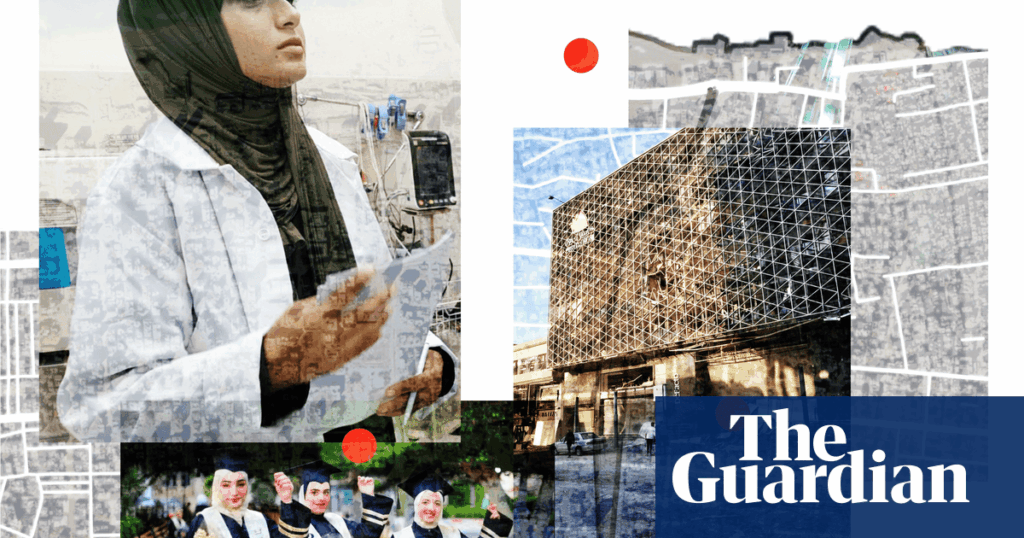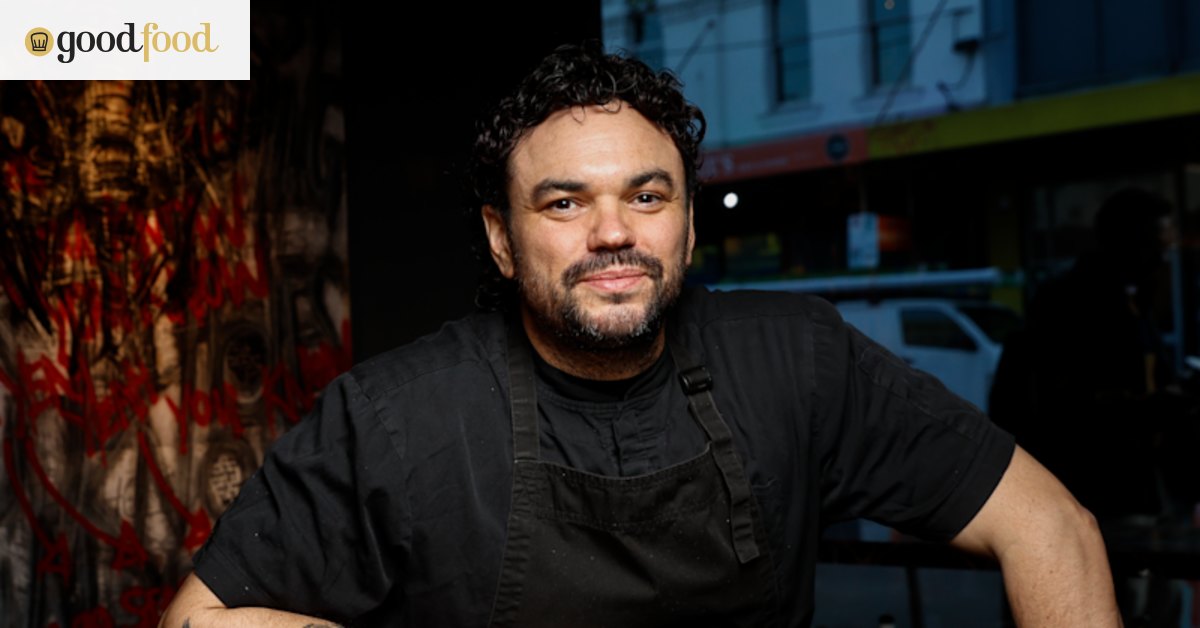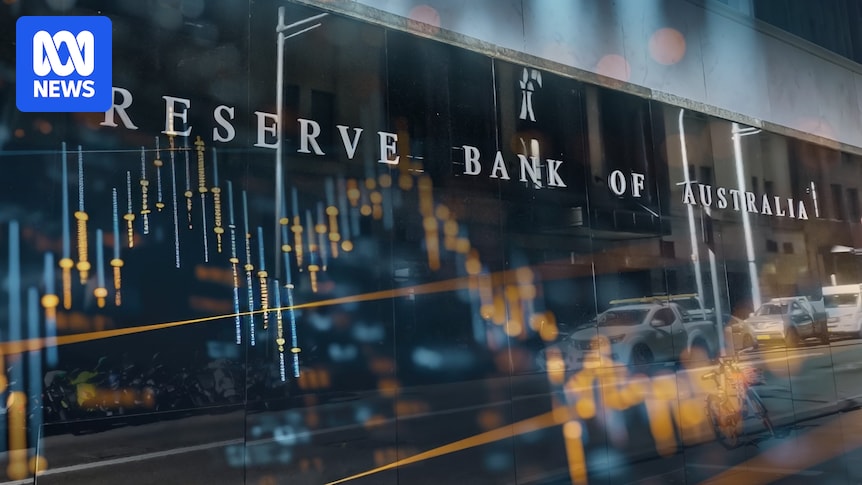
Before it was reduced to a long, grey line of rubble and dust, Omar al-Mukhtar Street in Gaza City was a vibrant artery of life—bustling with shoppers by day and families on evening outings by night. This crucial road, running from east to west, connected Gaza’s historical sites with its modern commercial center and led to the port, a lifeline for the city for centuries.
Heavily damaged amidst Israel’s ongoing assault on Gaza, which has claimed the lives of 56,000 Palestinians according to the health ministry, the area surrounding Omar al-Mukhtar is now a refuge for those fleeing other parts of the city that have been entirely flattened. Despite the devastation, many displaced residents return to this street, striving to revive its spirit.
The Heart of Commerce: Capital Mall
The Capital Mall, once a hub for Gaza’s middle class youth, opened its doors in 2017. It housed clothing, perfume, and mobile phone shops, alongside a bookshop and food court. Yousef Eljojo, a 21-year-old architecture student, drew the mall from memory and shared it on Instagram in early 2025, capturing a piece of the life that once was.
“We were never just numbers. We are people who had dreams like you, hopes to fulfill. We had warm and safe homes.”
Yousef now studies architecture remotely, struggling with limited resources. The price of basic necessities has skyrocketed, with a single loaf of bread costing $25. “We were never used to life in tents, or chasing after a bag of flour,” he laments.
The Capital Mall itself has not survived, requiring generators and resources that are currently unobtainable. Yet, smaller businesses like the stationery shop Pens & Pins have managed to reopen, symbolizing resilience amidst adversity.
Education Under Siege: Islamic University of Gaza
The Islamic University of Gaza, once a beacon of higher education with 17,000 students, was severely bombed in October 2023. Aya Talb, a medical student, recounts her struggle to continue her education under these dire conditions.
“Countless times, I studied while lying flat on the ground under a tent roof, terrified of the bullets flying around us.”
Despite the hardships, Aya completed a year of medical school, but financial constraints have halted her progress. Similarly, Abdullah Salama, a master’s student, continues his studies amidst power and internet shortages, emblematic of the broader struggle for education in Gaza.
Sustenance and Survival: The Families Bakery
The Families Bakery, once a popular chain, became a critical source of sustenance during the war. However, it faced closure due to supply shortages and insecurity. Abdel Nasser al-Ajrami, the bakery owner, highlights the dire situation.
“The situation is extremely dangerous because people have no alternatives. They can’t bake because they don’t have electricity, energy, gas or fuel.”
With the blockade easing slightly, some bakeries have resumed operations, but the scarcity of resources continues to challenge daily life in Gaza.
Cultural Heritage and Community: Omari Mosque
The Omari Mosque, Gaza’s oldest and largest, stands as a testament to the city’s rich cultural history. Severely damaged in December 2023, the mosque’s community rallied to restore it for Ramadan prayers, a poignant reminder of resilience and faith.
These efforts underscore the community’s determination to preserve their cultural heritage amidst ongoing conflict.
The Lifeline of the Sea: Port of Gaza
Gaza’s port, once a bustling hub for fishers and families, now serves as a refuge for thousands of displaced Palestinians. The fishing industry, devastated by the conflict, struggles to survive.
“Every day we go out to sea, we stare death in the face. We bring back fish stained with blood, just to feed our children.”
Fisher Zaki al-Najjar’s words reflect the perilous reality for those who depend on the sea for their livelihood, amidst the broader humanitarian crisis in Gaza.
As Gaza continues to navigate the aftermath of destruction, the stories of Omar al-Mukhtar Street and its people highlight a profound resilience and an enduring hope for a future beyond conflict.







